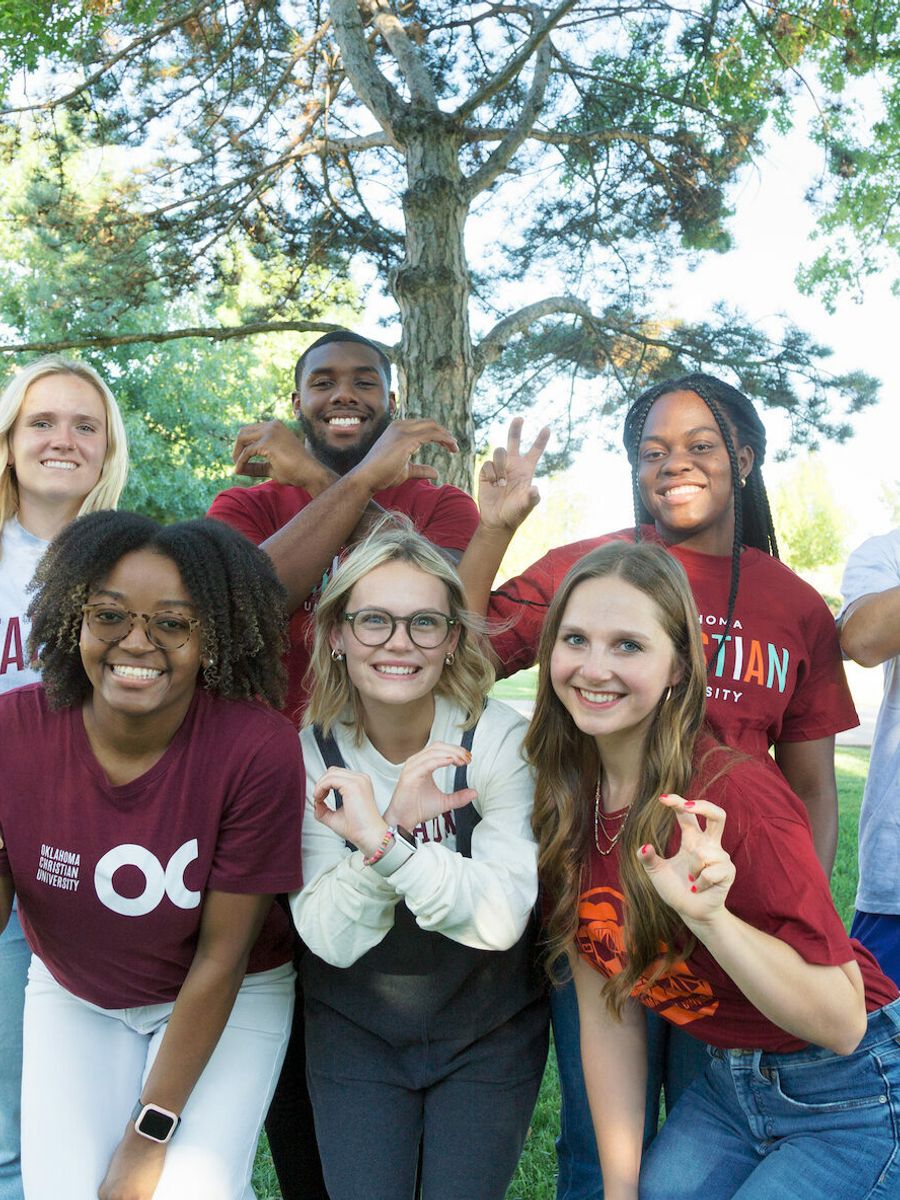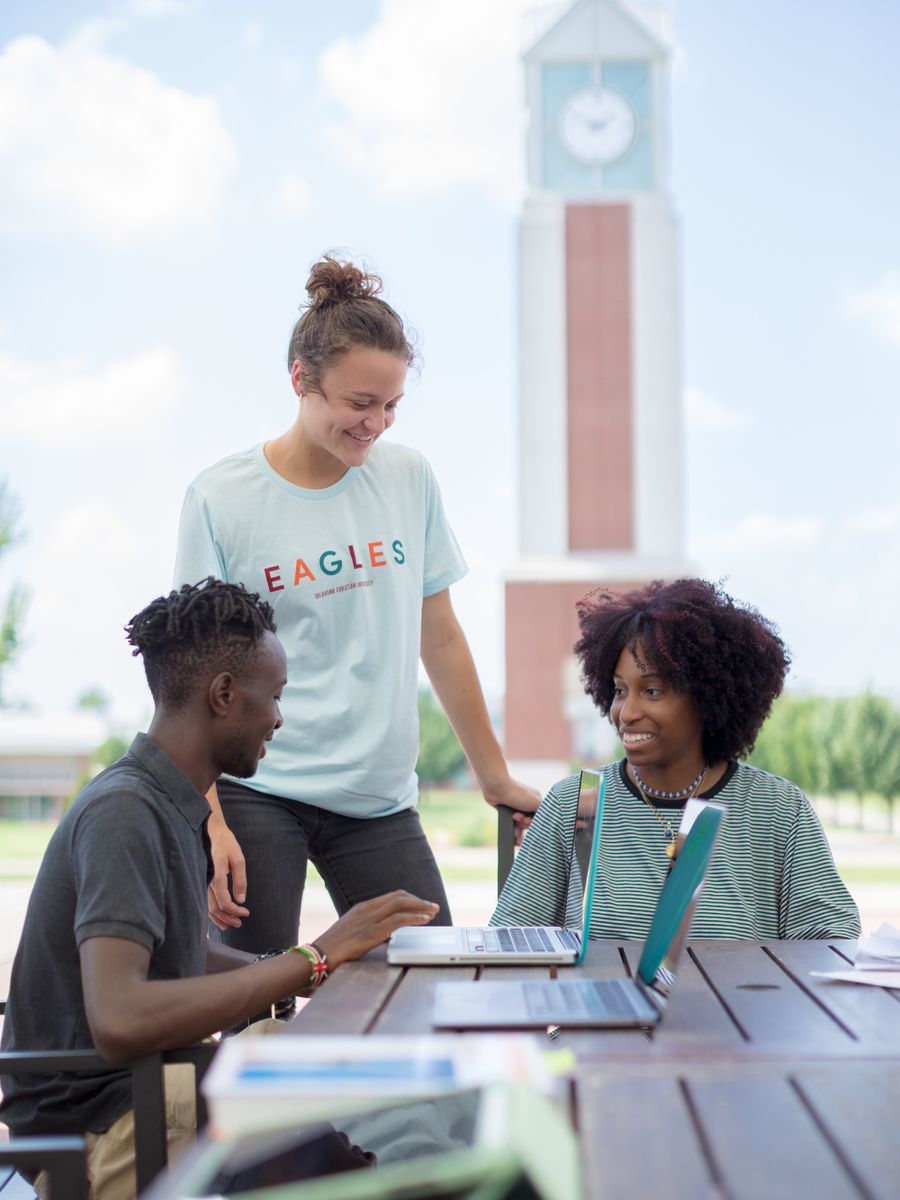National Day of Mourning & Lament
After 100,000 COVID-19 Deaths in U.S., Interfaith Leaders, Mayors Call for Day of Mourning and Lament
WASHINGTON, DC—In the wake of World War I and the Spanish flu, the poet T.S. Eliot wrote that “April is the cruelest month.” The blooming of lilacs and poppies was mismatched to the world’s grief. On this final weekend in May, our nation too passes a grievous point in our history: 100,000 Americans dead from COVID-19. Over this weekend, people of good will and people of faith—Christians, Muslims, Jews, and others—will not and cannot let this grim number pass unnoticed. It is always and everywhere the vocation of religion to remember the dead and mourn their passing.
As we mark the death of 100,000 people in the U.S. from COVID-19, an unprecedented group of 100+ national faith leaders—from Christian, Jewish and Muslim traditions representing major denominations, national faith-based organizations, local congregations, and millions of people of faith across the country—call for a National Day of Mourning and Lament. Together, they look to federal, state, and local elected officials to observe Monday, June 1 as National Day of Mourning and Lament, a day marked by moments of silence, lowering of flags, interfaith vigils, ringing of bells, and civic memorials.
This call is being supported by the United States Conference of Mayors who represent over 1,400 mayors across the country. Mayors lead on the frontline of the COVID-19 response effort and continue to model critical local leadership amid this difficult time.
Together, interfaith leaders and mayors across the nation will call us to mourn, lament, and honor the dead, acknowledge the unequal nature of our suffering, pray together for the healing of the nation, and recommit to the difficult work ahead.
The National Day of Mourning and Lament will follow a weekend of services from Muslim, Jewish and Christian houses of worship—including Protestant, Catholic, Evangelical, African American, Hispanic, Asian American, and Native American—all united in times of lament and mourning for the dead. Remembering will unite across lines of religion and traditions and transcend our politics.

